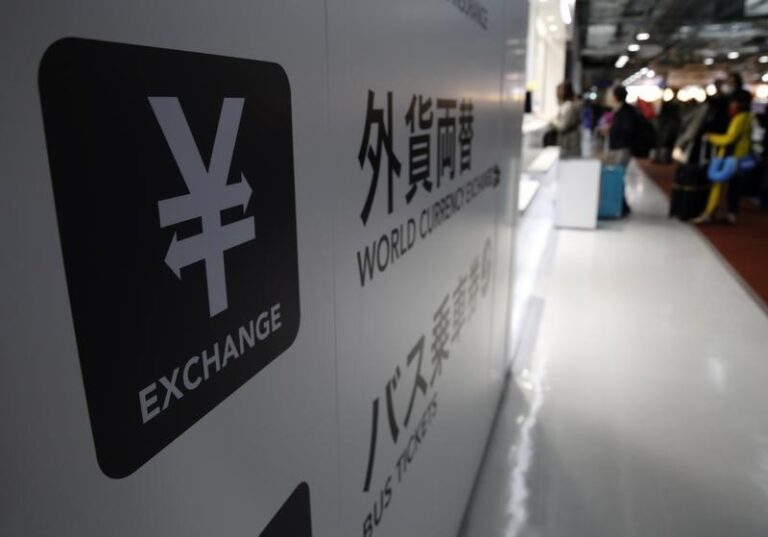HAVANA (Reuters) – Cuba’s government and independent online news site El Toque exchanged blows this week after state-run media accused the website of manipulating the black market currency exchange rate to impoverish Cubans and stoke unrest on the Caribbean island.
The El Toque site (eltoque.com) has enraged the administration of Cuban President Miguel Diaz-Canel by publishing a rate in Cuban pesos for the greenback far higher than the two official levels set by his government.
Cuba’s state-run media this week ratcheted up its long-running criticism of El Toque, claiming the site’s currency tracker – by far the most widely used on the island – amounts to “financial terrorism.”
“El Toque is secretly financed by the United States and establishes a false value of the peso in relation to the dollar,” said a story in the state-run media outlet CubaDebate. “The strategy aims to foment (large-scale) protests in Cuba.”
The U.S. State Department did not immediately respond to a request for comment on the allegations.
The spat over the currency tracker comes as Cuba’s peso currency has lost nearly half its value against the dollar in 2024 alone, according to El Toque, a devastating freefall that has slashed the buying power of Cubans already rattled by economic crisis, inflation and shortages.
Cubans covet increasingly pricey dollars as a safe haven against currency shocks, as well as for migration and purchase of food and fuel on an island increasingly dependent on the greenback.
El Toque defends its online exchange rate tracker, saying Cuba’s allegations, some of which could be lead to criminal charges, according to state-run media, are “ridiculous and implausible.”
remove ads
.
“The Communist Party has decided to convert our platform, elToque, into a scapegoat to justify its failure,” El Toque’s Miami-based editor-in-chief, Jose Jasan Nieves, said in a message sent by email to readers.
El Toque says it calculates its exchange rate using artificial intelligence to scan messages posted online in which buyers and sellers state their intended purchase or sale prices for the various currencies.
Independent economists on and off the island have said that the peso’s fast depreciation has tracked a crippling contraction in domestic production and exports, a ballooning fiscal deficit and high demand for scarce dollars.
The Cuban government has for months promised to take decisive action to halt the peso’s decline, but has yet to announce fresh measures.


